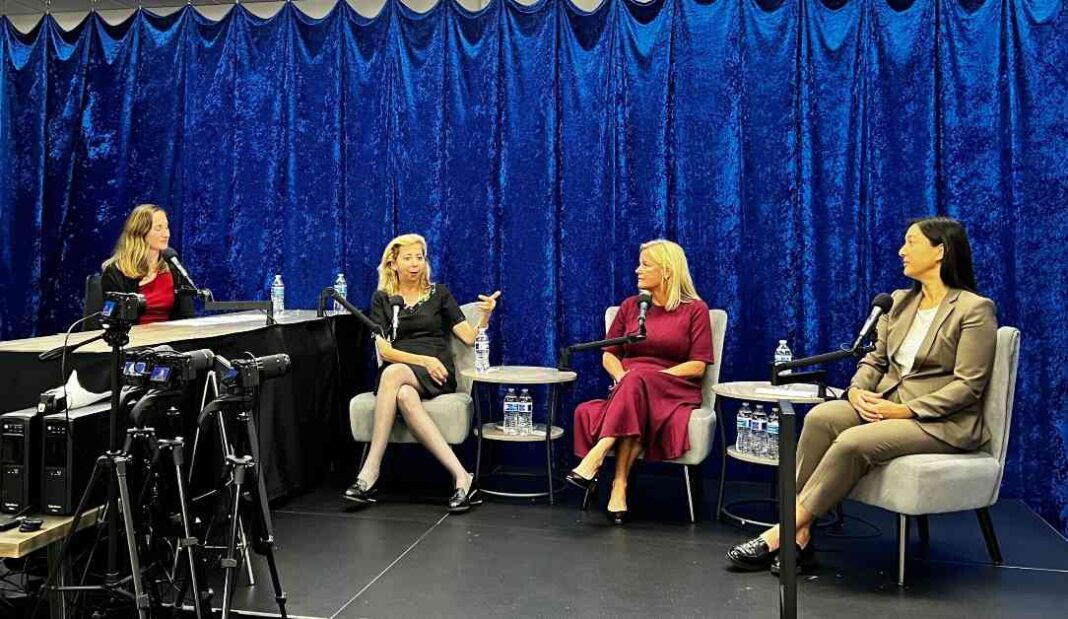Navigating Women’s IP Forum: In-House Advice and Insights on Day Two
The Women’s IP Forum continued with insightful discussions on day two, focusing on the potential impacts of the Biden Administration’s proposed march-in framework on tech transfer departments at universities. Panelists from academia, including Becky Kaufman, Laura Peter, and Patricia Stepp, along with moderator Margo Monroe, shared their perspectives on the challenges they face in their respective offices regarding the commercialization of federally-funded inventions.
Expanding on the Bayh-Dole Act, Laura Peter emphasized the importance of maintaining strong support for innovation beyond just drug pricing and life sciences. The proposed march-in framework, which aims to broaden the scope of march-in rights provision, has raised concerns among panelists about its potential negative impact on university innovation. While the framework is still under review, the panelists expressed hope that the feedback received during the comment period would influence the final decision.
Becky Kaufman highlighted the overwhelming opposition to the proposed framework, with thousands of comments submitted to NIST expressing concerns about its potential repercussions. She remains optimistic that reasonable minds will prevail and that the final decision will take into account the community’s feedback. Patricia Stepp also emphasized the significant impact the march-in proposal could have on research funding at private universities, further underscoring the importance of a thoughtful and balanced approach.
Switching gears, another session at the forum featured in-house counsel discussing the joys and challenges of their roles. Panelists shared their appreciation for the scientific aspect of their work but also raised concerns about the evolving landscape of remote work post-COVID. Jennifer Burdman, Chief IP Officer at Valo Health, Inc., highlighted the increasing use of electronic platforms and the need for a deeper understanding of data privacy in their roles.
Jennifer Kuhn, Assistant General Counsel at Tricentis, raised concerns about the changes to R&D salary deductions under the 2017 Tax Cuts & Jobs Act, which could have long-term implications for innovation. With the full impact of the law yet to be realized, there is uncertainty about its effects on future inventions and research efforts.
In addition to these discussions, the Women’s IP Forum also featured panels on persuasive brief writing at the Federal Circuit, patent trolls, aligning business and IP strategies, and addressing the gender gap in intellectual property. The forum provided a platform for industry experts to share their insights, exchange ideas, and explore solutions to key challenges facing the IP community.
Overall, day two of the Women’s IP Forum was filled with engaging discussions, valuable insights, and thought-provoking perspectives on the future of innovation and intellectual property. As the industry continues to evolve, forums like these play a crucial role in fostering collaboration, driving progress, and shaping the future of IP law and policy.















